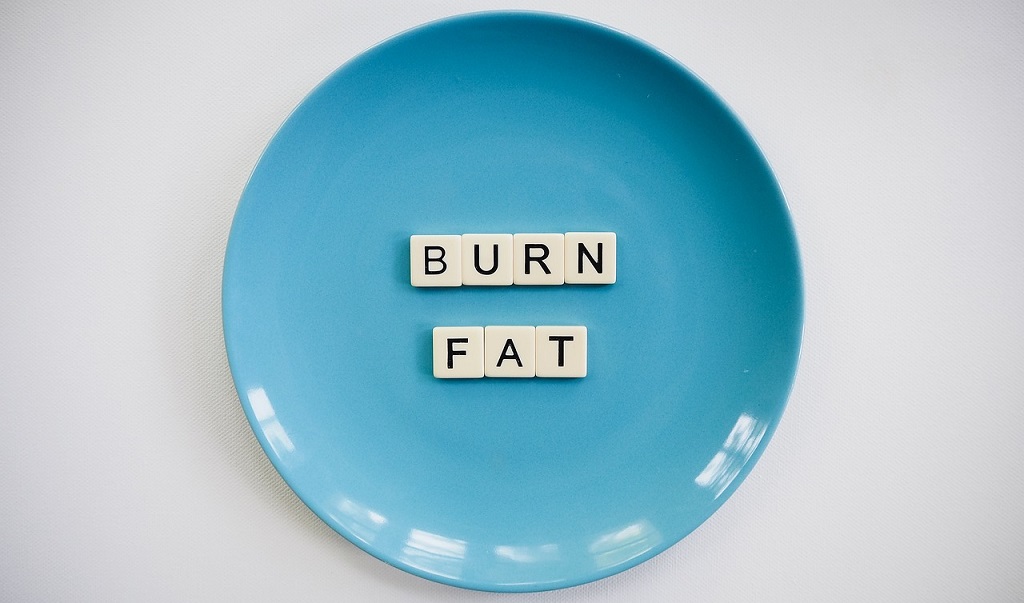Understanding the Efficacy of Weight Loss Tablets: Finding the Best Option

Prescription weight loss tablets are medications recommended by healthcare professionals for individuals with a high body mass index (BMI) or obesity-related health conditions. These tablets generally work by suppressing appetite, reducing fat absorption, or increasing metabolism. Common prescription options include:
a. Phentermine: A stimulant that suppresses appetite by affecting the central nervous system. It is typically prescribed for short-term use due to potential side effects.
b. Orlistat: Works by inhibiting the absorption of dietary fat in the digestive system. It is often recommended for individuals with a BMI over 30 or those with a BMI over 27 and obesity-related health conditions.
OTC weight loss tablets are available without a prescription but still require caution. They generally contain natural or herbal ingredients that claim to aid weight loss. However, the efficacy of these products varies, and some may have limited scientific evidence to support their claims. Examples of OTC weight loss tablets include:
a. Green tea extract: Contains antioxidants and caffeine, which may increase metabolism and fat oxidation. However, the effects are modest and may not lead to significant weight loss on their own.
b. Garcinia cambogia: Claims to suppress appetite and inhibit fat production. Research on its effectiveness is mixed, with limited evidence to support significant weight loss.
Herbal and natural weight loss tablets are derived from plant extracts and are often marketed as “all-natural” alternatives to prescription medications. While some ingredients may have potential weight loss effects, the evidence is limited, and the products are not regulated like prescription medications. Common examples include:
a. Caffeine: A stimulant that can temporarily suppress appetite and increase metabolism. However, its effects are short-term, and high doses may lead to adverse effects.
b. Raspberry ketones: Claimed to increase metabolism and fat breakdown, but research in humans is limited, and the evidence is inconclusive.
Fat burners and metabolism boosters are weight loss tablets that aim to increase metabolism, enhance fat oxidation, and provide an energy boost. These tablets often contain ingredients such as caffeine, green tea extract, guarana, and capsaicin. While they may have some short-term effects on metabolism and energy levels. It’s important to note that these tablets should be used with caution, as high doses of stimulants can lead to adverse effects such as increased heart rate, elevated blood pressure, and insomnia.
Appetite suppressant weight loss tablets work by reducing hunger cravings and promoting a feeling of fullness. They can help control calorie intake by making it easier to stick to a calorie-restricted diet. Common ingredients in appetite suppressants include glucomannan, garcinia cambogia, and 5-HTP. While they may aid in reducing food cravings, it’s crucial to use them as part of an overall healthy eating plan. These tablets are most effective when combined with a balanced diet and regular exercise.
Some weight loss tablets on the market are marketed as combination products, combining different ingredients that target multiple aspects of weight loss. These tablets often claim to boost metabolism, suppress appetite, and increase energy levels simultaneously. While they may be convenient for users looking for a comprehensive approach, it’s important to carefully review the ingredients and consult a healthcare professional to ensure their safety and efficacy. Combination tablets may have a higher risk of side effects due to the presence of multiple active ingredients.
Before considering weight loss tablets, it’s important to be aware of potential risks and considerations. Some common factors to keep in mind include:
a. Side Effects: Weight loss tablets, especially those containing stimulants or prescription medications, can have side effects such as increased heart rate, elevated blood pressure, digestive issues, and insomnia. It’s crucial to be aware of possible adverse reactions and discuss them with a healthcare professional.
b. Safety and Regulation: OTC and herbal weight loss tablets are not subjected to the same rigorous testing and regulation as prescription medications. This lack of oversight means that their safety, efficacy, and quality may vary. It’s advisable to research the manufacturer, look for third-party certifications, and consult healthcare professionals to ensure the product’s safety.
c. Individual Variations: Weight loss tablets may have different effects on individuals due to variations in metabolism, genetics, and overall health. What works for one person may not work for another. It’s important to manage expectations and be patient while finding the most suitable approach for your body.
d. Sustainability: Weight loss tablets should not be seen as a long-term solution on their own. Sustainable weight loss is achieved through a combination of healthy eating habits, regular physical activity, and lifestyle changes. It’s crucial to focus on long-term strategies rather than relying solely on tablets.
Weight loss tablets should always be complemented with lifestyle changes for optimal results. No tablet can replace the importance of a balanced diet and regular exercise. Incorporating nutritious foods, portion control, and mindful eating habits are key components of successful weight management. Additionally, engaging in regular physical activity, such as cardiovascular exercises and strength training, helps to increase calorie expenditure, improve overall fitness, and maintain muscle mass.
Choosing the best weight loss tablets involves careful consideration of individual needs, preferences, and safety.
Remember to consult a healthcare professional before starting any weight loss regimen to ensure safety, discuss potential risks, and receive appropriate guidance. Weight loss tablets should always be seen as a complementary component, not a standalone solution, to achieve long-term weight management goals.

Face masks for skincare
I've been taking part in amateur Triathlons for five years and I can genuinely say that my whole life is centered around health and fitness. When I am swimming, running or cycling it's like I'm in heaven!


